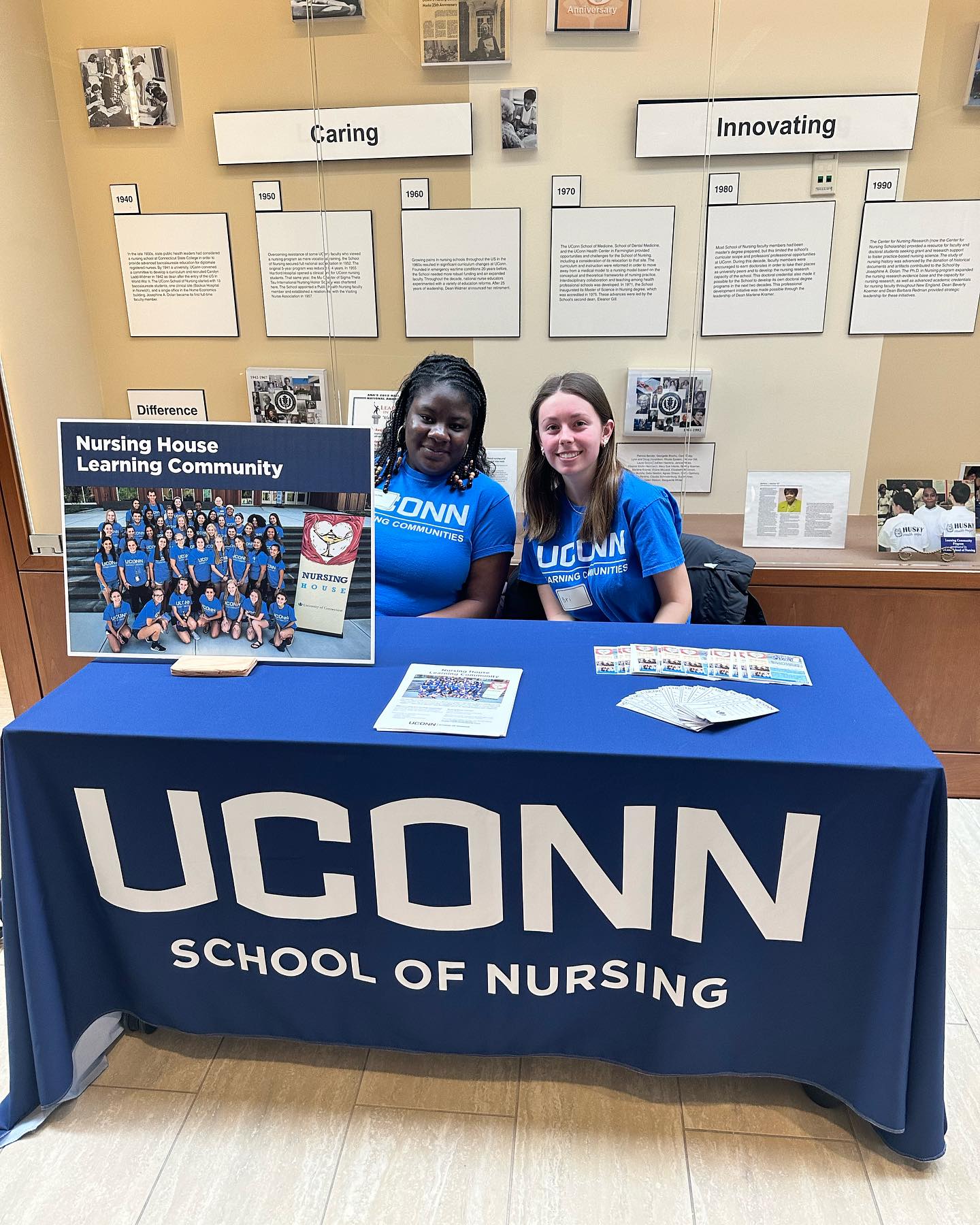A collaborative effort between the Research on Resilient Cites, Racism, and Equity (RRCRE) initiative at UConn Hartford, and the Computer Science and Engineering Department in the UConn School of Engineering has resulted in the institution receiving a federal grant that will help provide technology and internet access to traditionally underserved students in the Hartford area.
UConn is one of 61 college and universities from around the country to receive this grant from the Department of Commerce’s National Telecommunications and Information Administration. UConn is receiving approximately $2.86 million over a two-year period to launch a pilot program.
“The essence of the idea is to reach out to students in Hartford that have little or no access to internet or computer equipment and create an opportunity for these folks,” says associate professor of sociology and Africana studies David Embrick, who also oversees the RRCRE at UConn Hartford. “We want to create a realistic pipeline for students who are interested in fields of engineering and computer science, and even those that don’t even realize that they have that interest.”
The UConn program will focus on students in Hartford entering high school, those at the end of the high school career, and students just starting college at UConn.
The grant will help fund internet access at home for these students, and provide them with basic computer equipment and support, such as workshops and instruction.
“The success of Dr. Embrick and UConn Hartford’s Research on Resilient Cities, Racism, and Equity highlights the strength of conducting research in collaboration with community organizations,” says Mark Overmyer-Velázquez, the director of UConn Hartford. “This grant will provide access to high impact learning opportunities for our UConn students and support Hartford schools to attain vital access to broadband technology and related education.”
Embrick says faculty members in the Department of Computer Science and Engineering learned about the grant opportunity and approached him about a joint effort for applying. Embrick thought it would be a perfect fit for UConn Hartford, and went to work with professor Laurent Michel, associate professor Zhijie Jerry Shi, and assistant professor Qian Yang, in the School of Engineering, along with UConn Hartford Director of Finance and Operations Cynthia Miranda-Donnelly in the application process.
“There is a shortage of talent in the computer engineering field on both a national and state basis,” says Laurent. “However, there are many people from different walks of life who have the capabilities to be successful at it. Very often, the more privileged ones get so much more exposure at a young age and can recognize that they have this talent. The others don’t have these opportunities, so we want to nurture that natural inclination that exists in these groups, but right now is untapped. We want to give them access to these resources for them to reach their potential, and follow career paths that are very rewarding both intellectually and financially.”
Embrick says that young scholars who don’t have internet access readily available can lack the capacity to see what career paths are truly available to them. “The level of inequities, just based on lack of access to the internet, is just immense, especially in this day and age.”
The cooperative effort that resulted in earning the grant will continue in its practice. The computer science faculty members will be creating workshops to help and guide the students by providing them ways to navigate the internet and offer them practical skills which they can use in their future studies.
“We will be in charge of the budget and managing the operations and evaluations of the program here at UConn Hartford to make sure there is long-term success,” says Embrick. “The School of Engineering will be building the program and workshops for the students themselves, so together it’s a powerful force. It’s a good illustration of a strong collaboration in the way UConn wants it to be.”
While the grant is only for two years, there are long-term goals beyond that timeframe for this program to continue by offering students guidance and resources in all parts of their lives to develop successful careers. There are also long-term goals of hiring three IT staff members and server equipment to benefit the program.
Laurent says the group will monitor cohorts in the program as their time progresses from early high school through college.
“As a land-grant institution, UConn has the responsibility to the people of Connecticut, and UConn Hartford, as an urban campus, has a specific responsibility to the people of Hartford,” says Embrick. “There are real needs to do community engagement in a way that not just facilities one-way conversation between academic and the community. It must be done in a way that engages the community and builds upon the mission of the Research on Resilient Cities, Racism, and Equity initiative.”



